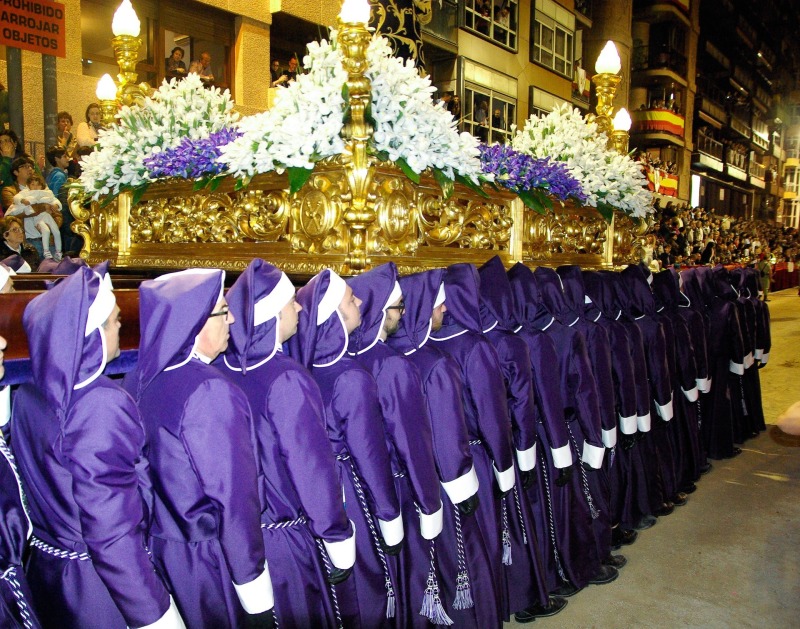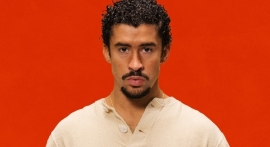
Under the dictatorship of Daniel Ortega and his wife, Rosario Murillo, several limitations, particularly regarding the practices of Catholics, were imposed. One example of this would be the processions held by Catholics as part of their celebrations during Holy Week.
A report from Vatican News stated that after the surge of anti-regime rallies violently put down by the government in 2018, relations between the Ortega government and the Nicaraguan church deteriorated once more.
Moreover, following the disputed elections in 2021, which resulted in the re-election of the Sandinista regime, relations between the two countries deteriorated even worse. Throughout the beginning of the crisis, several assaults and heresies have been committed against the church, in addition to the harassment and intimidation of bishops and priests.
The Nicaraguan administration is accused of carrying out 396 attacks against the Catholic Church of Nicaragua between April 2018 and October 2022. These attacks included offensive paintings in churches and physical assaults, exiles, and arrests.
The Tension Between Catholics and Ortega and Murillo Dictatorship
According to El Pais, the Ortega and Murillo administration made it illegal for Catholics to reenact the Stations of the Cross during the observance of Lent in the middle of February. They then expanded the prohibition to include any activities during Holy Week.
As mentioned, at least twenty Nicaraguans have been arrested due to religious persecution throughout April. The scope of this persecution increased during the week of Easter when the police banned processions and other Catholic traditions from taking place in public spaces, which led to an intensification of the scale of this persecution. Critics of the Ortega government have been the ones to offer information on the detentions.
Also Read: Following Ortega Proposed Suspending Diplomatic Relations, Vatican Closes Embassy in Nicaragua
Holy Week Restrictions
As per The Catholic World Report, even during Holy Week, the dictatorship of Ortega and Murillo in Nicaragua has not called an end to its campaign of persecution against the Catholic Church in the country. The following are some of the processions restricted by their dictatorship.
'Cyreneans' tradition
The tradition of the "Cyreneans" was made illegal by the police in the town of Nindir, which is located inside the Masaya district. The ceremony honors Simon of Cyrene, who, on the route to Calvary, assisted Christ in carrying the cross he was required to take.
One of the young devotees stated that the authorities started following them as if they were criminals, even though they only wanted to continue a religious and cultural tradition passed down through their families for many years.
As long as people continue to practice their religion openly, the only goal that the police have is to intimidate everyone in society and outlaw any public displays of Catholicism.
Aquatic Via Crucis of Granada
The Via Crucis is a religious tradition and a tourist attraction that benefits the local economy, particularly for the boatmen affected by this ban.
The L.A. News reported that on a day like today, the vessels that follow the image of Jesus Nazareno have a practice of departing from El Diamante Shipyard and tomorrow from Marina Cocibolca. At each of the 14 stations in the islets, dozens of devotees atop their boats pray enthusiastically.
The faithful of the San Judas Tadeo parish of the El Diamante Shipyard community has been in charge of leading the aquatic Way of the Cross on Holy Monday, Tuesday, and Wednesday for the past several years. However, this year, they have expressed their disappointment at learning that all the processions within the Diocese of Granada will not occur.
A parishioner noted, "The fact that we cannot carry out our Easter traditions does not mean an outburst of our faith, because we as Catholics will gather in our temples, to live the mystery of the passion, death, and resurrection of Jesus Christ."
Related Article: Nicaraguan Government Bans Traditions for Holy Week


















